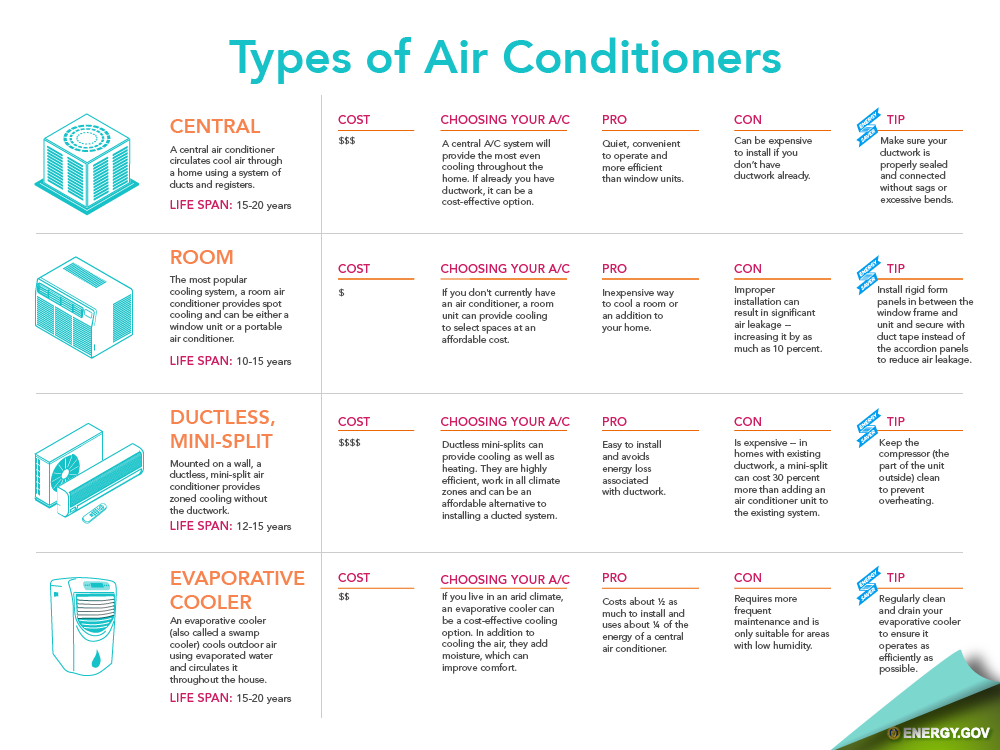Heat Pump Vs Heating System - Which Is The Better Home Heating Option For Your Home?
Heat Pump Vs Heating System - Which Is The Better Home Heating Option For Your Home?
Blog Article
Post By-Austin Blackwell
Lots of homeowners are familiar with heaters, which warm homes with oil or gas and push hot air with ductwork. They are relatively economical and can give reputable heating also during a wintertime power interruption.
However, they utilize fossil fuels and create carbon monoxide and other air pollution. They likewise aren't as energy-efficient as a high-efficiency heat pump.
Cost
Usually, heatpump are a lot more cost effective to operate than furnaces. They normally make use of electrical energy and refrigerant to remove heat from outside air, and afterwards move it into your home. You can make the most of cheaper electrical energy rates during off-peak hours to further decrease your home heating expenses.
Unlike heat pumps, gas or wood-burning heating systems use burning to produce warm, releasing flue gases right into the atmosphere that can be dangerous to your wellness. These heaters are additionally much less energy-efficient than heat pumps, and their greater operating expense can accumulate over time.
Furnaces are much more complex than heatpump and call for normal upkeep to make sure the appropriate feature of all parts. In spite of this, they have a tendency to last longer than heat pumps with a normal life expectancy of twenty years or more. However, you'll require to factor in the cost of gas, fuel oil or wood and the additional tools needed for installation and operation such as ducts and ventilation systems.
Energy Effectiveness
Heatpump have a greater energy effectiveness rating than heaters. These systems utilize electrical energy to scavenge warmth from the air, also in freezing temperature levels. They can likewise eliminate excess warm from the home during warmer months and reuse it to cool down the system. Provider experts can aid you determine the very best design for your home based on climate and resource energy costs.
Furnaces shed gas oil, lp, gas or other kinds of fossil fuel to warm the air in the home. This air is then dispersed through ductwork using a large follower. Heaters generate greenhouse gases and call for routine upkeep and devices upgrades to guarantee risk-free procedure.
The greatest benefit of a heater is that it can be operated also in rough winter problems because it does not rely on outdoor temperatures to heat the air. Heaters also have a longer life expectancy than heatpump and usually last 15 years. They can also be coupled with twin gas choices, which pick the most effective home heating alternative based on the weather.
Climate
Heat pumps function well in modest environments and utilize much less resource power than heaters. Nevertheless, if your region is remarkably chilly, you may need to buy a standard gas heater rather.
Furnaces provide cozy, comfortable warmth and commonly use fast heating to increase interior temperature levels. These systems can be made use of with a variety of fuel kinds, including gas, gas, oil or electrical power.
They consume more energy than heat pumps-- approximately 3x as much-- and require ductwork that's expensive to set up or retrofit. They're likewise a lot more expensive to maintain, as they can create air top quality concerns and create greenhouse gas exhausts.
If you're devoted to reducing your carbon impact, a heat pump is a great option for your home. They have fewer greenhouse gas emissions than furnaces, specifically if you select an ENERGY STAR ® heat pump. Get More can explain the differences between these two heating unit and assist you make the most effective choice for your one-of-a-kind needs.
heat pump installation nz can be very power efficient when powered by gas, lp or oil, however they aren't as energy effective as heat pumps in cold environments. They can also be much more costly to mount, needing gas lines and air flow systems.
Nevertheless, heaters often tend to require less maintenance, which can cause lower continuous expenses. They produce fewer greenhouse gases and are extra reputable than heat pumps throughout severe climate.
Electric heat pumps are a lot more flexible in creating indoor comfort since they can additionally serve as air conditioning system during warmer months. They can be easier to preserve, needing only regular air filter changes and periodic vacuuming.
If you favor the comfort of a single system that does it all, take into consideration a hybrid heating option that sets a heater with an electrical heatpump. These systems can automatically switch in between both heating alternatives based on your home's requirements and temperature level conditions, optimizing effectiveness and savings.